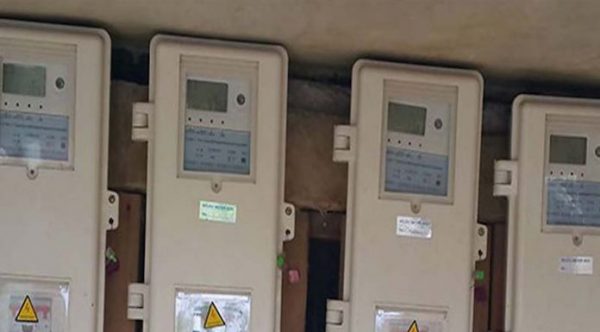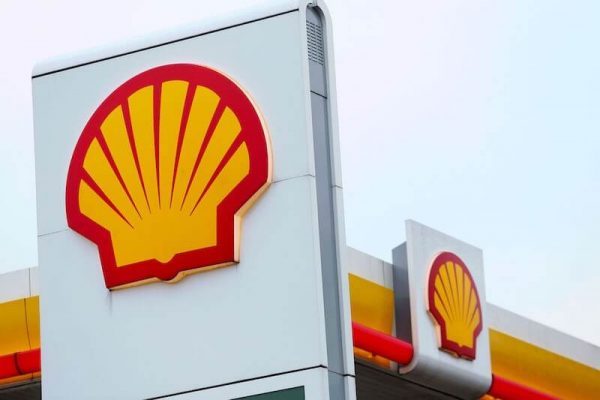Shell agreed in January 2015 to pay more than $80 million to the Nigerian fishing community of Bodo for two serious oil spills in 2008, following a three-year legal battle brought by Leigh Day in London.
A Dutch court also ruled in December that four Nigerian farmers demanding compensation and a clean-up in four heavily-polluted Niger Delta villages could bring a case against the energy giant in the Netherlands.
UNEP estimated that $1 billion was needed for the first five years of oil clean-up for Ogoniland, where the company operated before it pulled out over two decades ago, following the crisis in the area.
Shell had insisted that its inability to stop the sources of contamination in Ogoni and other areas of operation was due to the persistent oil theft and illegal refining activities in these areas.
The company has also maintained that over 80 per cent of spills in the Niger Delta are caused by illegal refining, crude theft and other forms of sabotage and not equipment failure.
According to the company, the federal government remains the leading body to orchestrate the clean-up and unless the government and the community stop the oil theft and artisanal refining that are dangerous to the environment, it will be difficult for the restoration of the environment to be fully successful.
UNEP had recommended that government should provide security, while the Ogoni people should grant the oil operators access to impacted sites.
However, it was gathered that the government and the Ogonis have not been able to provide the necessary security for any meaningful clean-up exercise to take place in some of the impacted areas.
Shell is said to have attempted to address these problems using the Global Memorandum of Understanding (GMoU)-enabled surveillance of the Trans Niger Pipeline (TNP); alternative livelihood programme; sensitisation/awareness campaign; and frequent over-flight on TNP corridor.
But high youth unemployment and poverty in Ogoniland were identified as major challenges that hampered the clean-up of the area.
This is inspite of the fact that Shell’s youth agricultural entrepreneurial scheme and alternative livelihood programme were targeted at addressing these problems.
According to Shell, land disputes, leadership tussles, community factions and litigations in Ogoniland have fuelled denial of access for remediation.
Meanwhile, the Federal Inland Revenue Service (FIRS) wednesday revealed that international oil trader, Trafigura BV, owes the federal government $642.5 million in unpaid taxes from the crude oil swaps it entered into with the Nigerian National Petroleum Corporation (NNPC).
The House of Representatives ad hoc committee investigating the oil swap deals was informed that the unpaid taxes comprised $613.7 million due in 2010, $2.7 million in 2011, $2.5 million in 2012, $2.4 million in 2013, and $2.2 million in 2014, among other estimates of the FIRS.
The oil trading firm in four years lifted 12.5 million metric tonnes of crude oil without paying taxes to the Nigerian government.
FIRS also revealed that Duke Oil Company Incorporated, a subsidiary of the NNPC, owes the government $4.7 million in taxes from the commissions it made from sub-contracting its contract to three oil trading firms – Ontario Nigeria Ltd, Aiteo Energy Resources, and Talevares Nigeria Ltd.
Trafigura’s Managing Director (West Africa), Mr. James Juslin, who was absent yesterday, had insisted at an earlier session that the firm was not required to pay taxes as it was a non-resident company.
But a director of FIRS, Mr. Olayemi Ajayi, said Trafigura was required to pay taxes to the Nigerian government.
“Resident or not, they must pay tax once income is derived from Nigeria. The law says profits shall be deemed to have been derived from Nigeria once habitually transacting business in Nigeria, even if it does not have a fixed address in Nigeria… By implication, Nigeria is a trading point,” he said.








